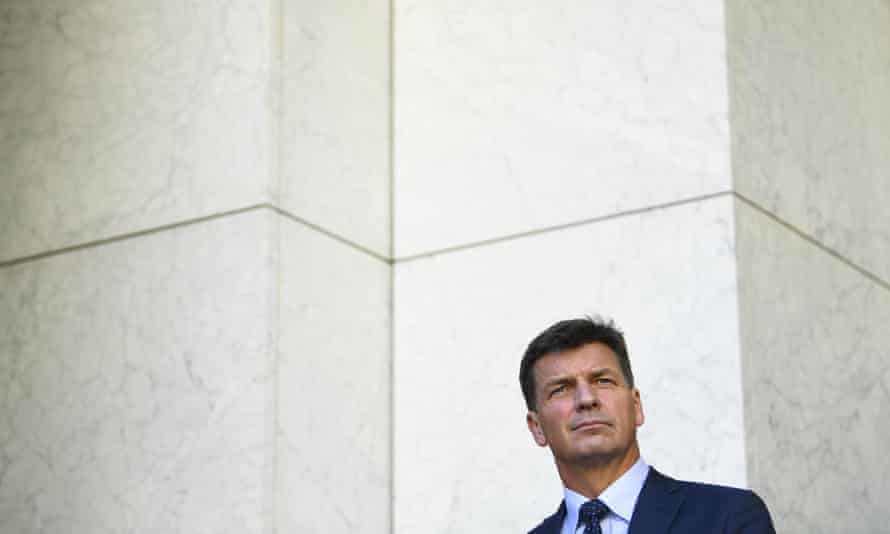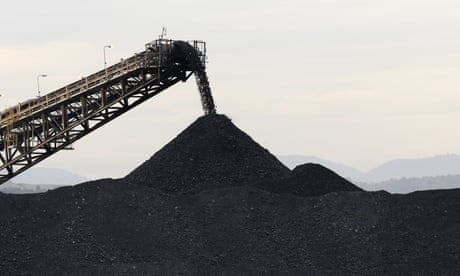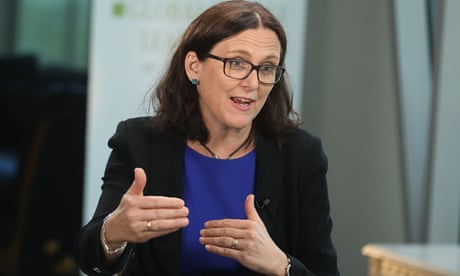Extract from The Guardian
Angus Taylor insists the federal government ‘has a clear priority to deliver reliable, secure and affordable power’

Last modified on Thu 26 Aug 2021 03.31 AEST
Criticism from the renewable energy sector over proposed market rules, that some fear could prop up ageing coal generators, has led Australia’s Energy Security Board (ESB) to vow to work with industry players and all tiers of government to design a new system by 2023.
The contentious changes to energy market rules, which are intended to ensure the lights remain on while ageing generators exit the market, have triggered a significant backlash from the renewable energy industry and concern from some state and territory energy ministers.
The ESB released a draft of the rules in late July. The final advice will be made public on Thursday.
The board is proposing a capacity mechanism for Australia’s energy market. In capacity markets, power generators are paid when they can guarantee they can dispatch power at specific times. Some players in the renewables sector believe these payments will artificially prolong the life of coal generators.

The final advice, obtained by Guardian Australia, says in “recognition of significant stakeholder concerns over the significance of such a change to current market design, the ESB will work with stakeholders and jurisdictions to develop the detailed design of a capacity mechanism for ministers’ agreement in mid-2023”.
It concedes there are “policy choices in the design of a capacity mechanism which need to be carefully considered to ensure the recommended design is both effective and efficient, including the complexity of the design, its potential impact on retail competition (including small retailers), commercial and industrial customers, transaction costs and overall affordability”.
The board is seeking to overhaul the rules because Australia’s energy market lacks clear investment signals that would drive the transition away from traditional fossil fuel generators to the new energy economy.
When the Coalition came to power in 2013, the then Abbott government repealed Labor’s carbon price which had been legislated to guide that transition. The government also generated significant investment uncertainty by attempting to overhaul the federal renewable energy target.
When Malcolm Turnbull replaced Abbott as prime minister, he pursued a mechanism called the national energy guarantee (Neg) that would have imposed a reliability and an emissions reduction obligation on Australia’s energy players as a market signal to drive new investment.
But the Neg was dumped when Scott Morrison took the prime ministership. The government has subsequently pursued the reliability component of the Neg but not the emissions reduction component.
In the final advice, the ESB says investors continue to face considerable uncertainty, including technological and demand uncertainty through to uncertainty over the timing of the closure of ageing thermal generation plant.
“Government interventions to drive investment in new generation and those to manage the closure of existing plant also significantly impact the investment environment,” the advice says.
The federal energy minister, Angus Taylor, contends that a high penetration of renewables is a significant problem in the energy market and reliability obligations should be beefed up to ensure the system is not plagued by blackouts.
But industry data suggests investment in new large-scale solar and wind farms and the number of construction jobs in renewable energy fell dramatically in the first half of 2021.
A recent report from the Clean Energy Council says only three major projects reached financial sign-off in the second quarter of the year. The average quarterly investment in new renewable energy capacity this year is 29% lower than 2020 and 70% below 2018 levels.

Guardian Australia has seen a copy of a statement Taylor intends to release on Thursday accompanying the final ESB advice. It says the government “has a clear priority to deliver reliable, secure and affordable power and we remain focused on ensuring the electricity market delivers for Australian consumers”.
The statement refers to “record” levels of investment in renewables generation in 2020, before arguing there is not enough investment in “the dispatchable capacity needed to support renewables and ensure a reliable and affordable grid”.
“This is a significant concern, with large-scale replacement of thermal generators needed over the next decade and beyond as older power stations leave the market,” Taylor’s statement says.
The minister says the creation of a capacity market will provide “a clear, long-term signal to invest in dispatchable generation in the future”.
“A capacity mechanism can help keep dispatchable generators from shutting down too early so that consumers don’t face price spikes like we saw when Hazelwood closed in 2017,” he says.
No comments:
Post a Comment